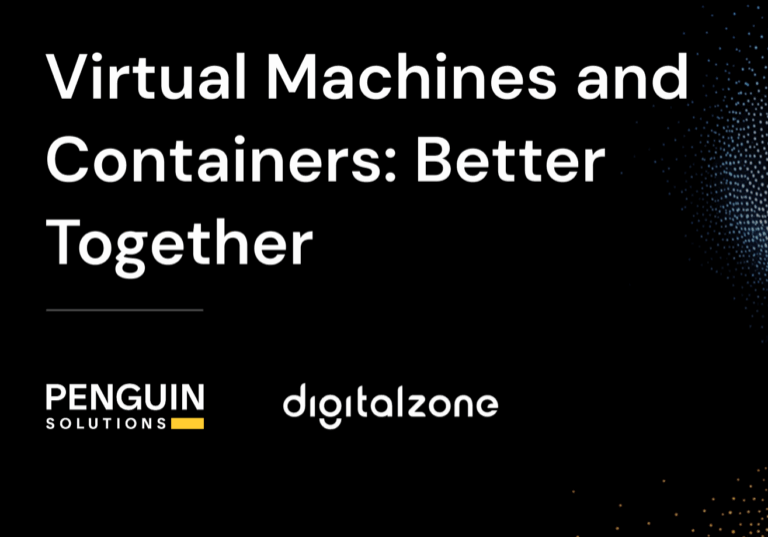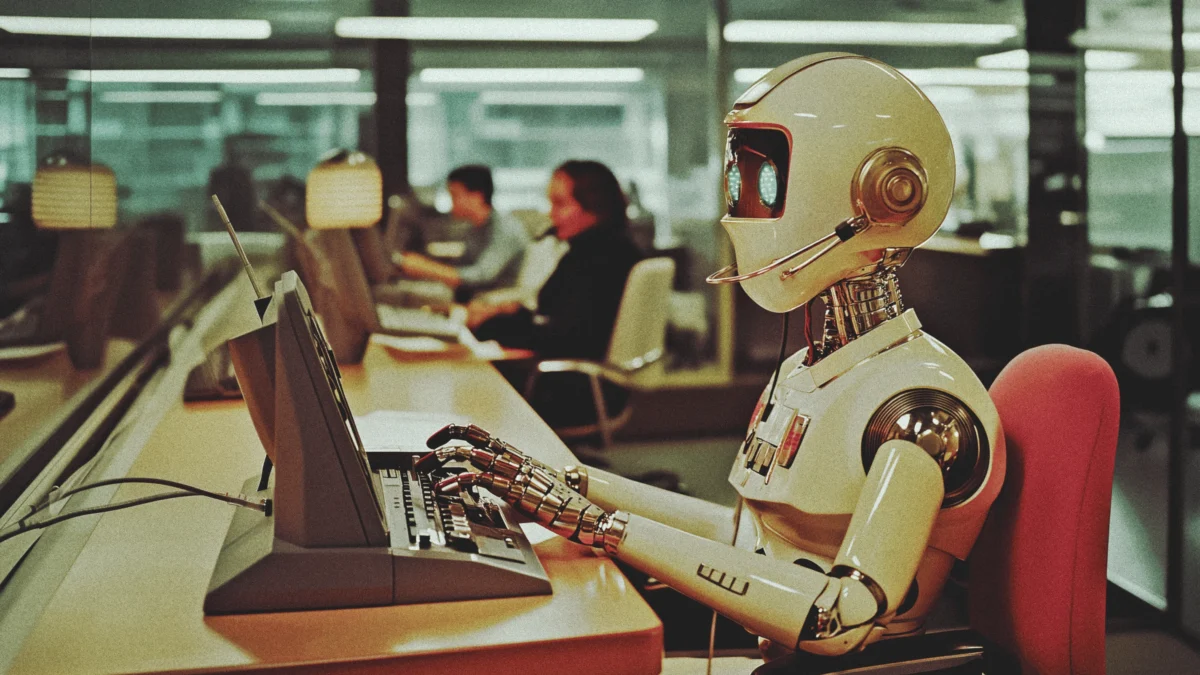14 Tech Leaders Share Their Best Advice for New CTOs
Onboarding new employees is an essential process in any organization. However, for a new Chief Technology Officer (CTO), onboarding takes on even greater importance. A well-executed onboarding strategy can help new hires feel welcomed, supported, and empowered to contribute to the company’s tech objectives from day one. Given that tech teams are often the backbone…
Understanding Social Engineering: Tactics, Threats, and Prevention
Social engineering is the term used for a broad range of malicious activities that are accomplished through human interactions. It uses psychological manipulation to trick users into making security mistakes or giving away sensitive information. While the target, execution, and payout may differ, they all do one thing in common – they exploit certain universal human…
Tech Domains CTOs Should Focus On in 2025
As we approach 2025, the role of the Chief Technology Officer (CTO) has evolved far beyond maintaining the digital backbone of an organization. Today’s CTOs are no longer mere administrators of systems but rather strategic visionaries guiding companies toward future growth through cutting-edge technologies. The rapid advancements in artificial intelligence, quantum computing, 5G, and…
Subscribe to our newsletter
From Reactive to Proactive: A New Era in Cybersecurity Strategy
The digital revolution has led to an interconnected world where businesses rely heavily on technology. However, as industries evolve, so do the cyber threats that lurk behind every click and connection. The reality is apparent: cybersecurity has become more than just a necessary shield; it’s an ongoing battle against increasingly sophisticated adversaries. For C-suite executives…
Industry Study: Blockchain in Healthcare is Key to Security, Transparency, and Efficiency
Blockchain, a groundbreaking technology popularized by its association with cryptocurrency and NFTs, has since evolved to become a management solution for various types of industries. And one such industry to note is healthcare. Blockchain in healthcare is more than just a technological upgrade. This revolutionary technology, recognized for its transparency, security, and decentralization, offers a promising solution…
In Conversation: The Role of Leadership in the Digital Age
As organizations continue to embrace digital transformation, the role of a leader is changing. In the past, leadership was about giving orders and making decisions. However, in the digital age, leaders must possess a combination of technical expertise, strategic vision, and interpersonal skills to thrive in this environment. To further explore the intersection of…
Best Data Analytics Software for CTOs to Predict and Reduce Customer Churn
As customer churn continues to challenge businesses, CTOs and IT leaders are faced with a pressing task: adapting quickly and strategically. In an era where data reigns supreme, the right analytics software has evolved from a useful tool to an indispensable ally. Predicting churn before it strikes is no longer a theoretical advantage—it’s a…
Building Safer Workplaces: A CTO’s Guide to Preventing Tech Abuse
Mobile-first technology has changed how we work, communicate, and solve complicated problems. Indeed, technology has contributed more than anything to helping mankind live a life of luxury and convenience. However, this revolution has also given rise to serious issues like tech abuse and the ability for tech to be exploited to track, control, coerce, or…
Detailing the Cybersecurity Risks of AI Misuse
Artificial Intelligence (AI) has swiftly evolved from a niche tool to a pervasive force reshaping industry, economies, and the broader digital landscape. While the opportunities are immense, so too are the risks. The misuse of AI is no longer a theoretical concern—it’s a present-day reality that threatens the integrity of cybersecurity, privacy, and data protection….
Agentic AI Breaks Through Traditional GenAI Models
The buzz around Agentic AI represents a charting trend in AI development that centers on the capacity to function independently, learn from mistakes, and adjust to novel circumstances without human assistance. Autonomous systems possess the ability to operate with minimal human intervention, making them particularly suited for tasks that require continuous monitoring or rapid decision-making….












